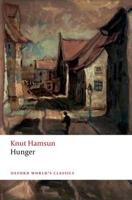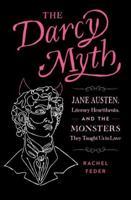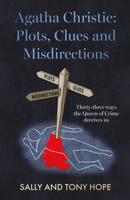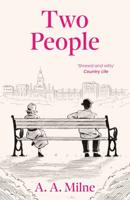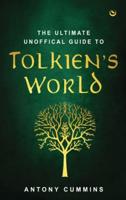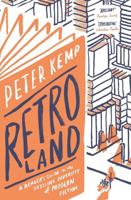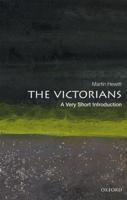Publisher's Synopsis
Excerpt from A History of Criticism and Literary Taste in Europe From the Earliest Texts to the Present Day, Vol. 2 of 3
Of sainteobeuve, foreign countries have had any critics greater than our own, while they have, even put together, hardly so many great ones. In everything but mere superficial consist ency Dryden is a head and shoulders above Boileau as a critic; Coleridge a head, shoulders, and body above the Schlegels, whom he followed. Long before saints-beuve, Hazlitt had shown a genius for real criticism, as distinguished from barren formula making, which no critic has surpassed. And Mr Arnold him self, with less range, equity, and sureness than saintcbeuve, has a finer literary taste and touch. As for that general superi ority of French criticism of which we have heard so much, the unerring voice of actual history will tell us that it never exis at all, except, perhaps, for a generation before 1660, and a generation before 1860, the latter being the period which called forth, but misled, Mr Arnold's admiration. With this last we do not here deal; nor with the Romantic revolt, in dealing with which it will be pertinent to appraise the relative excellence of Leasing and Goethe as compared with Coleridge and Hazlitt. But we have within our present range an almost better field of comparison, in that nee-classic period from Boileau to La Harps, and from Dryden to Johnson, in which, on the whole, and taking recognised orthodoxy only, the critics of France and of England worshipped the same idols, subscribed the same confessions of faith, and to no small extent even applied their principles to the same texts and subjects I am, after careful examination, certain myself, and I hope that the results of that examination may make it clear to others, that they did not order these things better in France, that they did not order them nearly so well.
About the Publisher
Forgotten Books publishes hundreds of thousands of rare and classic books. Find more at www.forgottenbooks.com
This book is a reproduction of an important historical work. Forgotten Books uses state-of-the-art technology to digitally reconstruct the work, preserving the original format whilst repairing imperfections present in the aged copy. In rare cases, an imperfection in the original, such as a blemish or missing page, may be replicated in our edition. We do, however, repair the vast majority of imperfections successfully; any imperfections that remain are intentionally left to preserve the state of such historical works.



